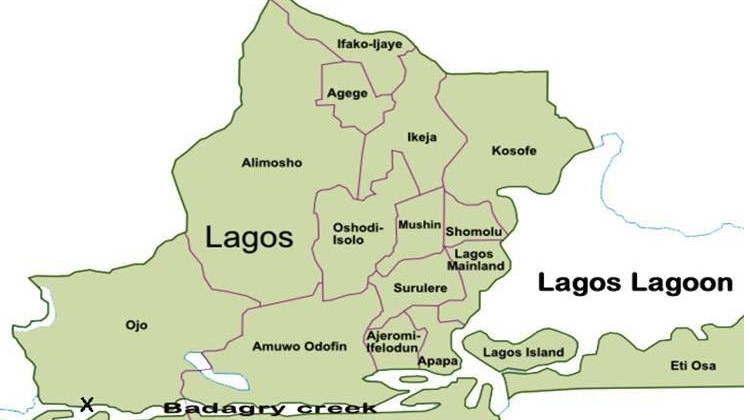
Complaints have been raised by some Lagos residents regarding the failure to implement the state government’s promised free antenatal and child delivery services at certain General Hospitals and Primary Healthcare Centres.
In separate interviews with the News Agency of Nigeria in Lagos on Sunday, residents voiced their dissatisfaction.
Earlier in February, Lagos State Governor, Babajide Sanwo-Olu, announced various interventions aimed at alleviating the impact of the current economic challenges on citizens.
Regarding healthcare, Sanwo-Olu reintroduced a program offering free child delivery for expectant mothers at all state-owned General Hospitals and specialized maternity centers.
Under the initiative, the state government would cover the expenses of child delivery, including caesarean sections.
Additionally, there would be a reduction in the cost of specific medications like those for hypertension.
The residents observed that the promised free antenatal and child delivery services were not being fully implemented, as hospitals were still charging for various services provided.
One resident, Mrs. Funmilayo Olatunji, who gave birth at Ikorodu Health Centre, Ita-Elewa, disclosed that there were fees involved in her delivery.
“I delivered normally at the center in February 2024. We paid N8,000 for child delivery, N10,500 for vaginal tear, and also purchased a carton of Maltina.
“I was surprised to hear about the supposed free delivery services at government facilities because my experience was different,” she stated.
Similarly, Mr. Michael Adebiyi, whose wife had a caesarean section delivery at Ikorodu General Hospital, Ebute, revealed that they spent over N250,000 on the procedure and related expenses.
“My wife gave birth in February, and we incurred costs for everything from blood supplies to caesarean section charges.
“Nothing was offered for free; in fact, I am still in debt because I had to scramble to raise the funds.
“I was elated when the announcement was made last year about free delivery services for expectant mothers at government healthcare facilities as a form of economic relief for families.
“The government needs to ensure that the policies put in place have a real impact on the lives of the citizens,” he emphasized.
Similarly, Mrs. Stella Nwosu, a hairstylist, mentioned resorting to a traditional medical center for antenatal and delivery services due to the high costs at established healthcare facilities.
“Back in September, I tried to register for antenatal services at Amuwo-Odofin General Hospital and was asked to pay ₦30,000.
“We couldn’t afford it considering the already expensive childcare items and the challenge of feeding. I ended up delivering my baby at a traditional birth attendant’s place with the help of my mother-in-law,” she shared.
A healthcare practitioner, preferring anonymity, informed NAN that many pregnant women were personally covering the costs of antenatal and delivery services at numerous government-owned facilities.
It was suggested that the program required better planning, monitoring for compliance, and effective management to ensure its sustainability.
The healthcare worker noted that the current economic conditions, leading to escalated costs of products, particularly medications and healthcare services, would further burden couples dealing with unplanned pregnancies.
Couples were advised to make informed decisions, highlighting that childcare entails a lifelong socio-economic experience extending beyond just access to free antenatal and delivery services.
NAN reported that Governor Babajide Sanwo-Olu, in a Security Council meeting in July 2023, directed General Hospitals and Primary Health Care Centers to provide free antenatal care and delivery services.
This initiative was part of the relief measures aimed at mitigating the impact of fuel subsidy removal.
The medical assistance included covering the costs of antenatal care, registration, ANC clinics, as well as normal and cesarean section delivery services.
It also aimed to enhance access to quality maternal and child health services in line with the state government’s goal of achieving Universal Health Coverage.
NAN
